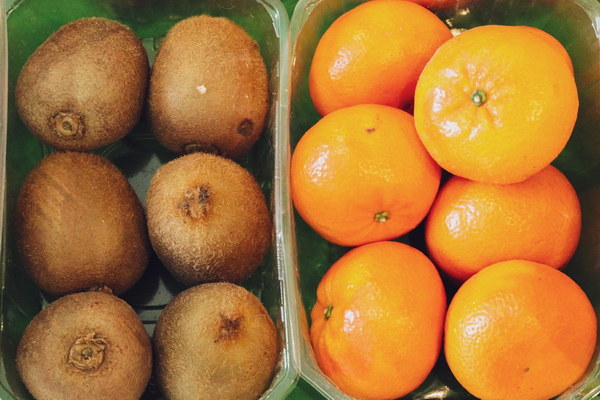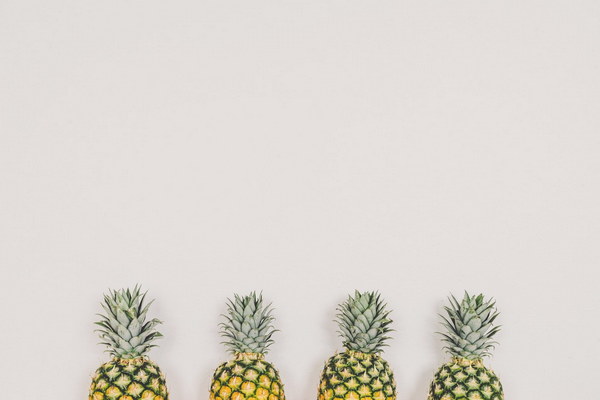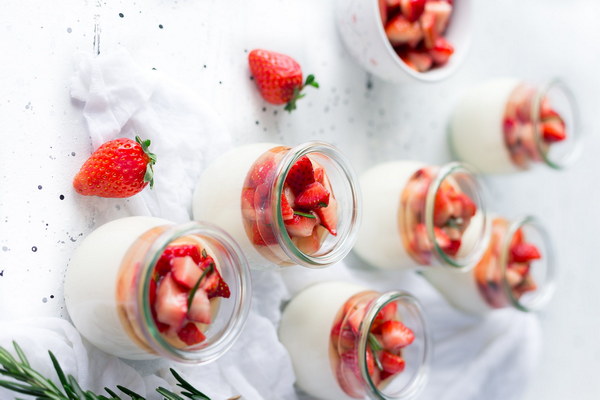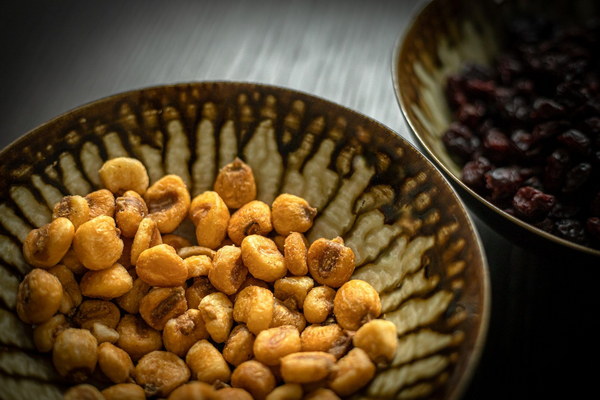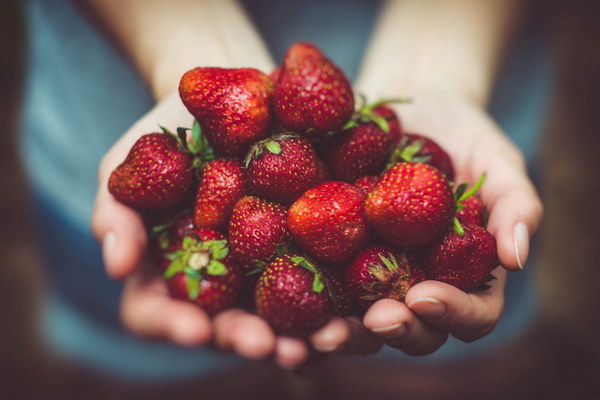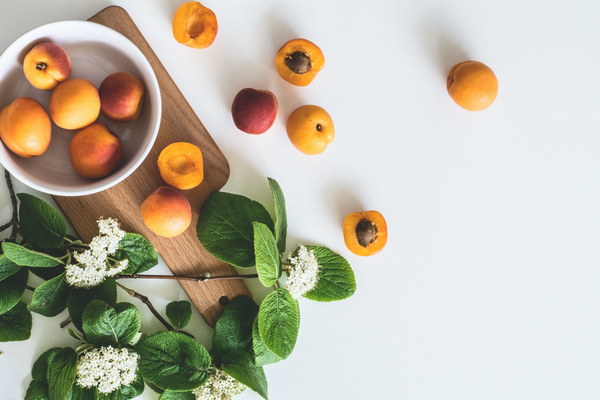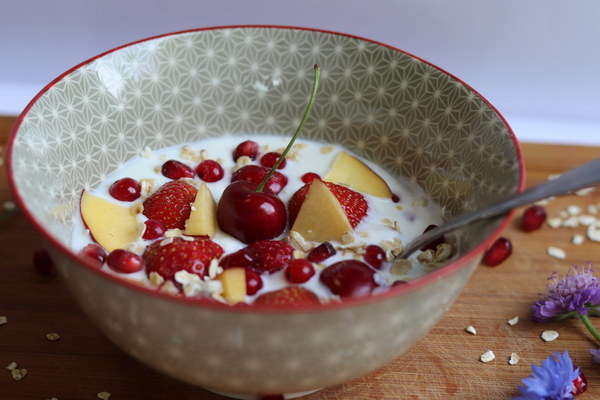The Ultimate Digestive Delight Discover the Secret Ingredient for a Healthy Stomach
In the quest for a healthy and robust digestive system, the importance of a balanced diet cannot be overstated. However, when it comes to nurturing your stomach and ensuring optimal digestive health, one particular ingredient stands out as a true powerhouse. That ingredient is none other than prebiotics.
What are Prebiotics?
Prebiotics are essentially a type of dietary fiber that serves as food for the beneficial bacteria that reside in our gut. Unlike probiotics, which are live bacteria that are added to foods, prebiotics are indigestible by humans but serve as a nutritious feast for the gut's microbiota. These beneficial bacteria help maintain a healthy balance in the gut, which is crucial for digestion, immune function, and overall well-being.
The Role of Prebiotics in Gut Health
1. Feeding the Gut Flora: Prebiotics act as a fertilizer for the good bacteria in your gut. By providing these bacteria with a steady supply of nutrients, they can thrive and multiply, outcompeting harmful bacteria and keeping the gut microbiome in check.
2. Boosting Immune Function: The gut is a major hub for immune activity, with around 70% of the body's immune system located in the gastrointestinal tract. Prebiotics can enhance the immune response by supporting the growth of beneficial bacteria that help ward off pathogens.
3. Improving Digestion: A healthy gut flora is essential for efficient digestion. Prebiotics help to stimulate the growth of bacteria that produce short-chain fatty acids, which are beneficial for the lining of the intestines and can improve overall digestive health.
4. Reducing Inflammation: Chronic inflammation is a common factor in many gastrointestinal disorders. Prebiotics can help reduce inflammation by modulating the immune response and encouraging the growth of anti-inflammatory bacteria.
Top Prebiotic Foods
To incorporate prebiotics into your diet, consider adding the following foods to your meal plan:
- Onions and Garlic: These flavorful vegetables are rich in prebiotic fiber that can help feed your gut bacteria.
- Jicama: This crunchy root vegetable is a prebiotic powerhouse and can be added to salads or snacks.
- Bananas: Ripe bananas are an excellent source of prebiotic fiber, making them a perfect addition to smoothies or as a snack.
- Asparagus: This green vegetable is packed with prebiotic fiber and can be enjoyed steamed, grilled, or raw.

- Artichokes: The leaves and hearts of artichokes are particularly high in prebiotic fiber, offering a delightful culinary experience.
- Dandelion Greens: These leafy greens are not only nutritious but also rich in prebiotic fiber.
- Chicory Root: Chicory root is a staple in many coffee drinks and can also be used in cooking, providing a good dose of prebiotic fiber.
How to Integrate Prebiotics into Your Diet
- Start Small: If you're new to prebiotic-rich foods, start with small amounts and gradually increase your intake to allow your body to adjust.
- Diversify Your Sources: Incorporate a variety of prebiotic foods into your diet to ensure a broad spectrum of nutrients and fiber.
- Stay Hydrated: Proper hydration is crucial for the digestion of fiber, so make sure to drink plenty of water throughout the day.
- Listen to Your Body: Pay attention to how your body responds to new foods and adjust your intake accordingly.
By embracing the power of prebiotics and integrating them into your daily diet, you can take a significant step towards nurturing your stomach and promoting overall digestive health. Remember, the journey to a healthy gut starts with the food you eat, and prebiotics are a delicious and effective way to support this vital system.
